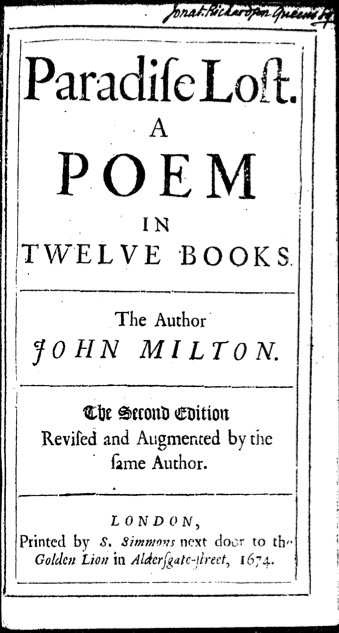
[deutsch]
„PARADISELOST I-XII
blown backwards into the future”
by Marold Langer-Philippsen
“Man’s
disobedience, and the loss thereupon of Paradise, wherein he was
placed” – this is how John Milton summarised in brief the
subject of his masterpiece, “Paradise Lost”, in the greatly
revised second edition of 1674. The twelve instalments of the radio art
series PARADISELOST I–XII on ORF Kunstradio in 2012/13 set out in
search of the lost paradises of our time. Like the blind author of the
original, though on a different sensory level, the participating
musicians, composers and artists attempt to reveal the spaces, ideas,
dreams, visions, and desires that represent paradise(s) or the losses
thereof.
Each broadcast focuses on one of the twelve books of Milton’s
epic poem. The titles of the individual programmes refer to places and
spaces Milton deals with in his text. Each programme is accompanied by
a photograph that is used as the starting point for the particular
score. The broadcasts of the radio opera are produced as a series but
are also complete in themselves. A short introductory passage outlines
what has happened so far.
In collaboration with Petra Fornayová, Hearn Gadbois, Rupert
Huber, Udo Israel, Mira Keratová/Stano Filko, Michal Kindernay,
Agnes Kutas/Tomas Žižka (Mamapapa Banda), Udo Noll, Dimitra
Pemousi/Manolis Manousakis, Marek Piaček (with students of Žilina
University), and Sarah Washington/Knut Auferman the medium of radio and
its various technologies are used to create acoustic portraits that
follow the Kunstradio credo: ON AIR ON LINE ON SITE. Real places,
spaces, situations and the radio studio provide the acoustic basis for
PARADISELOST I–XII, for radio art journeys to the visions,
memories, archives and sound worlds of the people involved, but also of
passers-by that were interviewed – radio art that gives you food
for thought and listening.
As Udo Noll, one of the participating radio artists, describes in
another context, “… this project doesn’t want to
subtitle your reality. Its intention is to intensify and enrich the
experience and perception of the world around you …”
Or as it was put in the early days of broadcasting in the mid-1920s,
“Turn away from writing, which is for the eye, and turn towards
speaking, which touches the ear.”